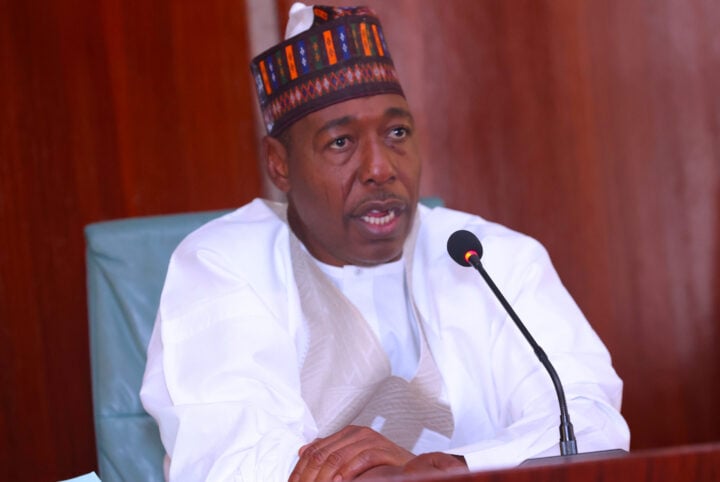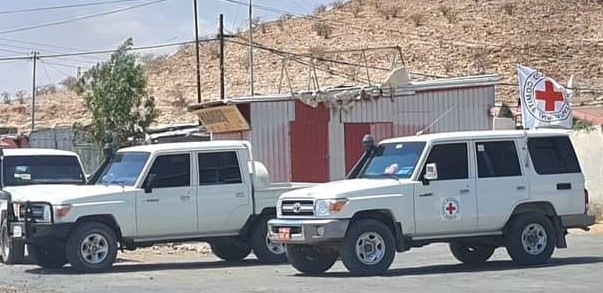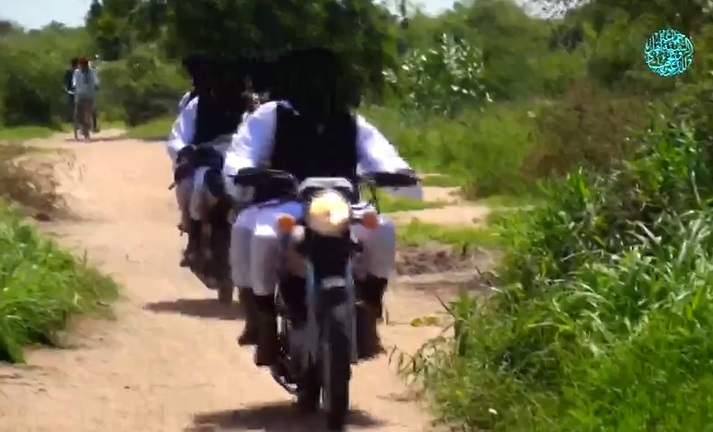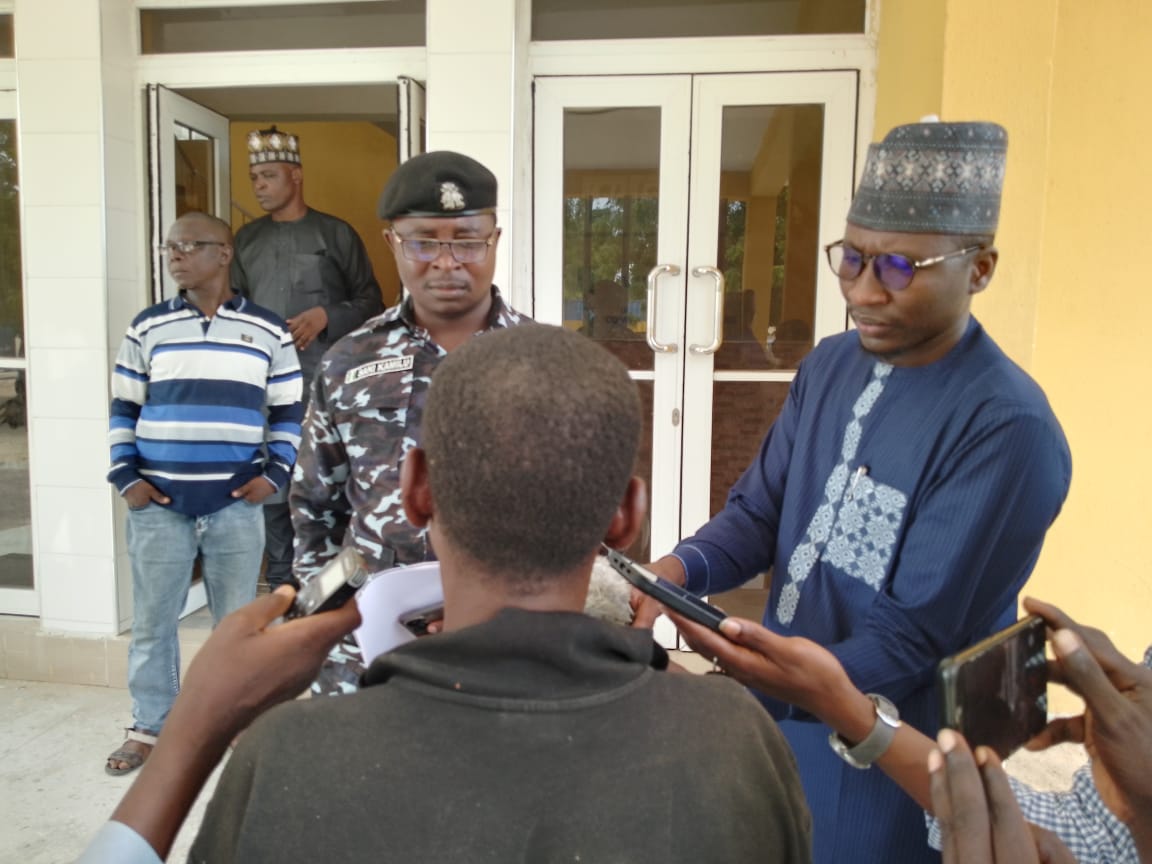Babagana Zulum, governor of Borno state
Babagana Zulum, governor of Borno, says humanitarian partners who are unwilling to work with the government to provide support to internally displaced persons (IDPs) can leave the state.
Zulum spoke on Thursday when he received the UN delegation at the North-east Development Commission (NEDC) headquarters in Maiduguri, the Borno capital.
The governor had in 2020 commenced the resettlement of IDPs into permanent homes and also closed all camps in Maiduguri in December 2021.
While reading the terms of partnership with humanitarian partners in the state, Zulum said the government would not tolerate any act capable of undermining its efforts to ensure IDPs are self-reliant.
Advertisement
He said the state had witnessed situations in the past where humanitarian workers were taken to other regions for different purposes, adding that the development has depleted the number of professionals in Borno.
“We will not tolerate any attempt to allow or resettle communities and to continue to make them dependent while we are trying to support them to be on their peak again and improve their lives,” the governor said.
“We will not accept or continue to make them dependent instead of supporting them to become self-independent.
Advertisement
“We are tired of partners taking out our professionals to Abuja and elsewhere, spending money in the name of training our staff, particularly, our civil servants, teachers, and healthcare providers when in reality, what they end up doing is moving them from their primary assignments and depleting our medical and staff numbers in this area.
“We therefore expect state partners to work with us in the design and delivery of services in the state.
“Any partner that is not willing to work with us to ensure that our people not only survive but are given dignity and ready to support with what it takes to get them up so that they and their children can achieve their high potential, can leave the state.”
Speaking during the meeting, Rober Piper, UN assistant secretary general on solutions to internal displacement, said his visit was to support the state’s commitment to reintegrate IDPs into society.
Advertisement
“We came to Borno to see how we can learn from what has been done so far and how we can support the state government in their very strong commitment,” Piper said.
“We had a very good discussion today together with the military director and his excellency, the governor who seemed very committed to finding pathways for these people to be settled, to go home, and reintegrated into the community.”
Add a comment






